Description
Allen Barnett saw this collection of short stories published in 1991, the same year as his death due to AIDS-related illness at the age of 36. The Body and Its Dangers and Other Stories won a Ferro-Grumley Award and a Lambda-Literary Award and is widely regarded as a classic of American literature.
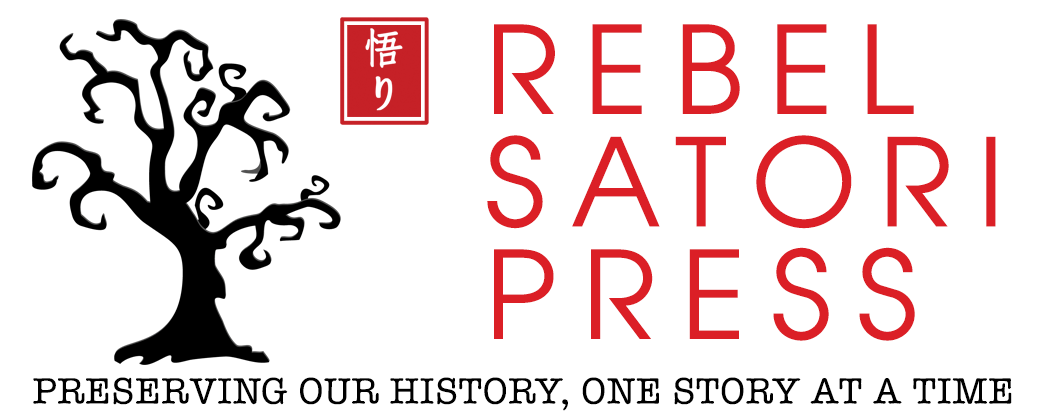
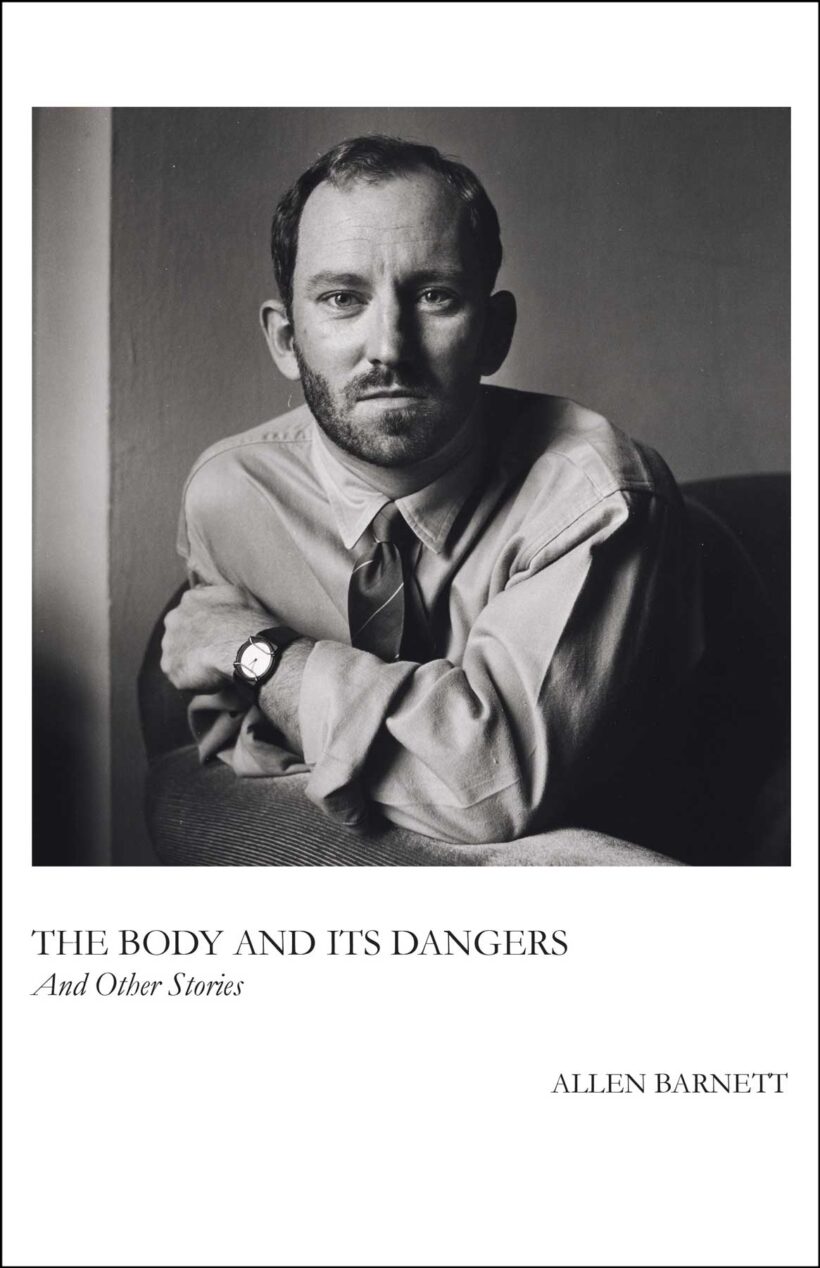
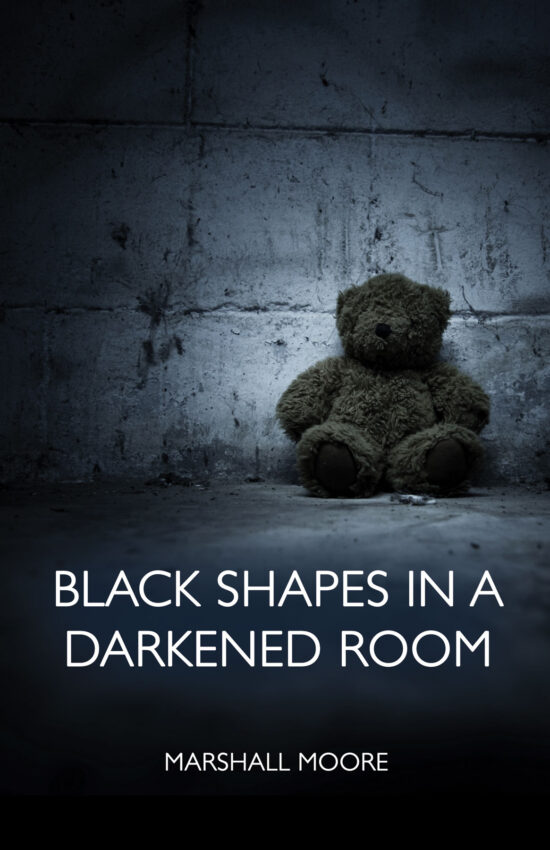

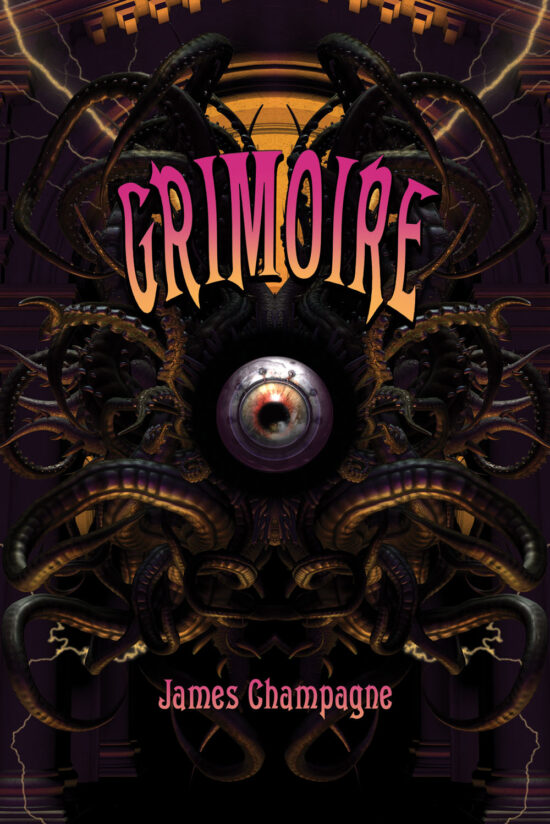
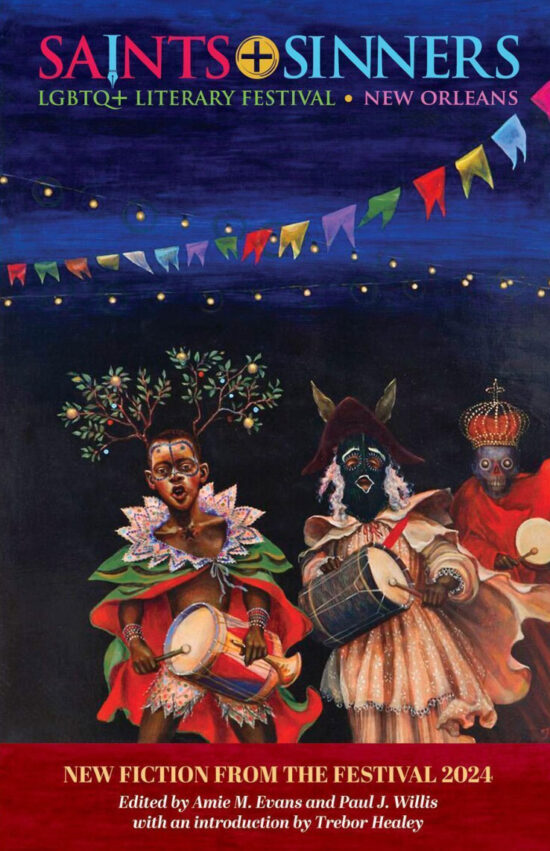
Publishers Weekly –
…a skillful, sad and sometimes stoic look at gay and lesbian love in six short stories.
Edmund White, A Boy’s Own Story and Genet: A Biography –
Allen Barnett knew how to plait the somber and the sardonic. His work is as light as it is dark, as funny as it is heart-breaking. I met him only once at a gay literary conference in San Francisco and, with that instant mixture of sincerity and intimacy for which we Americans are famous, he said to me, “I wish I didn’t have to die so young. There’s still so much I want to write.” Every page is as fresh and immediate as the day he wrote it; we can only prize the masterful stories in this collection and regret there aren’t many others.
Jewelle Gomez, The Gilda Stories –
Allen Barnett’s fiction is true. That is, even when the writing is elegant it is also incisive, heated and revelatory. Each phrase, whether describing alienation or loss, desire or that which is unknowable, lands with a trembling resonance; a graceful touch which can never be forgotten. I’m grateful that his ‘fully human’ stories have lived to amaze a new generation.
Michael Bronski, A Queer History of the United States and Invisible History: The Collected Poems of Walta Borawski with Philip Clark as co-editor –
Of all the vibrant literature – fiction, memoirs, reporting, criticism, histories – that emerged in the United States during the height of the AIDS epidemic Allen Barnett’s The Body and Its Dangers stands out as a dazzling example of how personal and social tragedy can produce brilliant art. Each of these stories deftly and brilliantly exposes the desires, fears, love, and untimely the terrors of being a human and being alive. Barnett’s prose is seductive and alluring even as – or especially when – he is gently exposing those the daily disruptive and unsettling realizations that to be human is to be mortal, and to be mortal is to acknowledge the power and beauty of the body.
Sarah Schulman, Let the Record Show: A Political History of ACT UP New York, 1987–1993 –
Inspiring truth-telling through acute perceptions of the connection between language and life. Allen had the courage to make literature expand to reflect the AIDS experience, the talent to make the petty an intrinsic part of the profound. He knew when to look away and when to look.
Gerard Cabrera, Homo Novus –
The stakes are life and death in Allen Barnett’s The Body and Its Dangers, and every story is fraught with the terrible unknowing of how, when, or if, disease and death will strike. Yet despite the heavy grief each one carries, these deeply felt stories form an unbreakable chain of queer resistance, passed on to the next generation, which is immortality.
Philip Clark, co-editor, Persistent Voices: Poetry by Writers Lost to AIDS –
Everyone calls Allen Barnett’s writing lyrical. Please don’t confuse that with being prettified or fey. The Body and Its Dangers finds characters poised on the knife edge of disappointment and dissolution, with all the associated guilt, anger, and regret. This is lyricism that cuts, and ever so quietly.
K.M. Soehnlein, author of Army of Lovers –
What does it mean to have a body in a dangerous era? Allen Barnett explored this timeless question in these six impeccably crafted stories. Written from the center of the AIDS crisis, each story is a lost song deserving a fresh listen for the way it reverberates with today’s world. How does one handle the microaggressions of friends? How does a young person experience the loss of innocence? Where do we find comfort when facing our fate? Barnett’s collection includes at least one masterpiece worthy of the queer literary canon: “The Times As It Knows Us,” which recasts the Fire Island Pines as the epidemic’s inflamed frontline in the battle for survival and dignity. Barnett raged against both Christianity and New Ageism; against fair-weather friends and his own sense of shortcoming. But amid these struggles, he rejoiced in the body as a site of pleasure. His characters are transformed in the chrysalis of sexual connection, which shapes who we are and who we are yet capable of becoming.